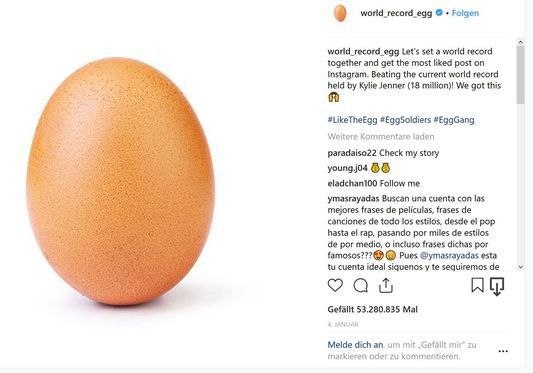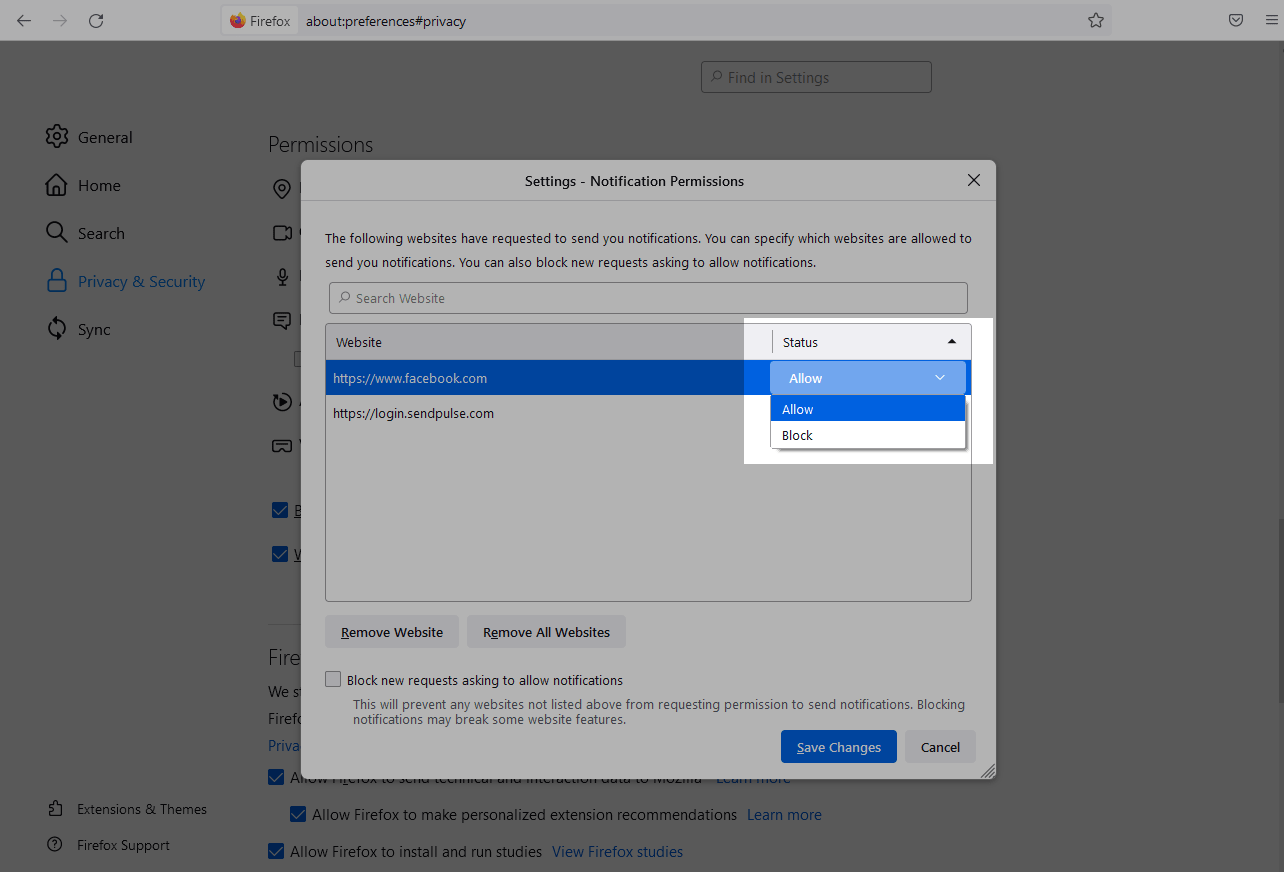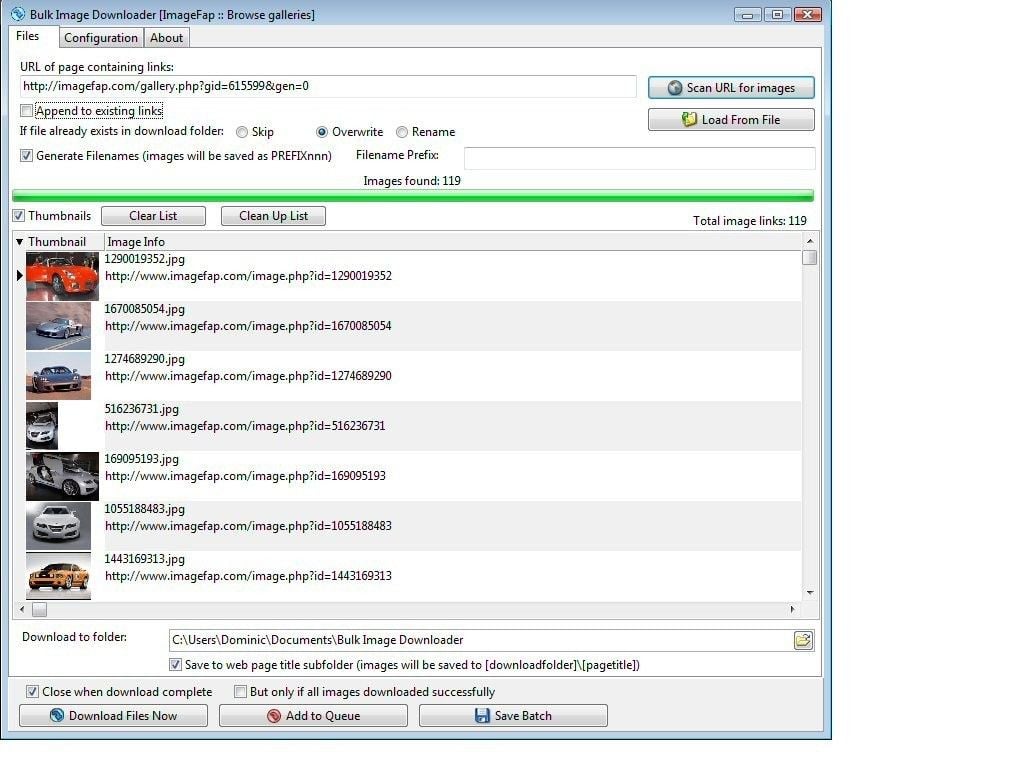

… some “solutions” to the crisis may, via mission creep, result in systems which would allow unprecedented surveillance of society at large.Ĭentralized approaches like BlueTrace in Singapore include the collection of significant information about citizens and their contacts. Earlier this week, an open letter on digital contact tracing by scientists and researchers from 26 countries noted that: And, that this kind of surveillance gets used for reasons other than tackling the pandemic. There is also a longer term, potentially more serious worry that seems to be getting less consideration: that governments, tech platforms and telcos working together to track citizens at scale becomes normalized in democracies. While it’s far from universal, a fair number of governments are digging into these questions in earnest. Questions about efficacy and privacy are step one in considering whether or not to roll out contact tracing. There is a legitimate worry that we could quickly find ourselves inside a huge mass surveillance experiment that has limited or no return in terms of public health and safety.
And, on top of it, many have called into question whether this kind of tracking is even effective at stopping the spread of the virus. The gut reaction worries are obvious: tracking everyone (or the bulk of people) with a smartphone to monitor COVID exposure could go wrong in myriad ways if done poorly or if the data falls into the wrong hands. Watching all of this, I’ve tried to step back and ask myself: what exactly are we worried about? And, amidst the rush to tech solutions, is this all downside for privacy and data governance, or is there an upside? Could we actually use this moment to set new and better norms for privacy? What are we worried about? I’m not happy things are headed this way but if they are, we’d damn well better have safeguards.

A recent tweet from summed up the state of the conversation nicely: It’s moved from an understandable ‘we don’t want to live in this dystopian science fiction novel’ gut response (my initial gut reaction) to a vigorous debate about whether privacy-by-design and good data governance make it possible to trace COVID contacts in a way that we can all trust (I’m still trying to sort through all this). The conversation about privacy and the pandemic - and about the idea of digital contact tracing in particular - has shifted a great deal in the last few weeks. If you do not mind adding an extension to your browser, then method three is suitable for all conditions.Īll there three methods can help you download all Instagram photos from any user.Will things like digital contact tracing leave a legacy of better privacy norms, or worse ones? For flexiably selecting some of the photos to download, the second is more suitable. If the Instagram user does not have too many photos, the first method is more convenient and fast. Just run this shortcut again to download all the photos from this user. When it finishes, it will copy all the downloadable links and automatically exit the shortcut. You can tap OK to download them all or change the number to download some of them. After that, this shortcut will display how many photos this user has posted. When prompted, select Complete Profile to download all images from this Instagram user. Copy the user profile link from Instagram and run this shortcut. You need to open this link in Safari to download it. After you get the Shortcuts app, get this InstaSave shortcut. If you are using iOS 13, you don't need to download it because Apple has made it a stock app.
#Bulk instagram download firefox free
You can free download it from AppStore to get started.

To do that, you will need to use the Shortcuts app, developed (acquired) by Apple.
#Bulk instagram download firefox how to
Therefore, I will also show you how to download all photos or a certain number of photos from any user on your iOS device. You may use Instagram on a mobile device more often than on desktop. Method 5: Download All Instagram Photos from One User on iPhone


 0 kommentar(er)
0 kommentar(er)
